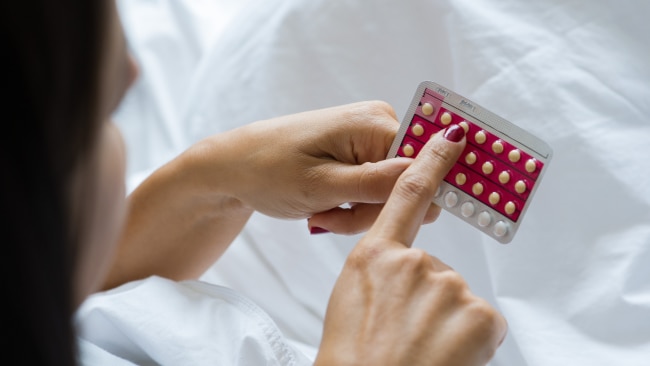Physical touch can reduce pain and depression, research confirms
Skin-to-skin, anyone?
Anxiety & Depression
Don't miss out on the headlines from Anxiety & Depression. Followed categories will be added to My News.
In this article
A new academic review reveals why physical touch is important
The mental health benefits of physical touch
The most effective way to practice physical touch
While most people would agree a long hug can be the best cure for heartache, new research has surfaced suggesting the theory might actually be grounded in fact.
After a difficult day at work, an argument with your significant other, or a particularly heinous toe stub on the corner of the couch, sometimes all it takes is a long hug to completely transform your mood.
There’s a reason so many of us list it as our top love language – the calming and reassuring effect of physical touch is undeniable.
Now, a recently published review of 137 studies by researchers from the Netherlands and Germany has gathered enough global data to prove the healing power of touch once and for all.
The findings of the review support the long-held idea that physical touch – be it a hug, handhold or friendly squeeze – has the power to alleviate feelings of anxiety, stress and depression in an individual.
Skin-to-skin connection has even been found to have a positive impact on physical pain, with individuals reporting a higher tolerance to pain and discomfort when exposed to regular touch.
Analysing the data
Dissecting the findings of 137 studies – involving nearly 13,000 adults, children and infants – researchers were able to compare the emotional and physical experiences of people exposed to regular touch and those who were not.
“There have been a lot of claims that touch is good, touch is healthy, touch is something that we all need,” says Rebecca Boehme, a neuroscientist at Linkoping University in Sweden who worked on the review. “But actually, nobody had looked at it from this broad, bird’s eye perspective.”
One of the studies highlighting the importance of frequency when it comes to touch found that a 20-minute gentle massage every day for six weeks in elderly people with dementia alleviated feelings of aggression and reduced the levels of a stress marker in the blood. Another study noted the impact massage had on patients with breast cancer.
Additionally, studies conducted during one of our most isolated periods – the pandemic – highlight just how detrimental a lack of touch is.
“They found correlations during Covid times between touch deprivation and health aspects like depression and anxiety,” Dr Frédéric Michon, a researcher at the Netherlands Institute for Neuroscience and one of the study’s authors says.

Does it matter who – or what – provides the touch?
Several studies comparing the effects of touch from a familiar person with touch from a healthcare worker or professional showed similar results.
One trend picked up by researchers was that sick adults experienced greater mental health benefits after physical touch than adults whom the studies considered ‘healthy’.
Similar benefits were also noticed when adults and children comforted themselves with a stuffed animal or weighted blanket, suggesting the human element of physical touch was not always necessary.
One study examining young adults’ reaction to a mild heat stimulus found one group that caressed a robotic baby seal experienced less pain and discomfort than the group that read an article during the experiment.

However, the studies found newborns were highly dependent on (and responsive to) familiarity when it came to experiencing touch. It’s a phenomenon already jumped on in most NICU wards, with doctors often encouraging parents of newborns – especially premature babies – to practice skin-to-skin contact.
“One very intriguing finding that needs further support is that newborn babies benefit more from their parents’ touch than from a stranger’s touch,” explains Ville Harjunen, a researcher at the University of Helsinki in Finland. This preference may be related to scent and how parents hold their babies, he speculates.
One finding that appeared to be present across the board, was that the frequency of touch is particularly important. Regular and frequent contact is key to achieving the mental and physical health benefits of touch.
Of course, consent is paramount in these findings, with researchers explaining unwanted touch would almost certainly have the opposite effect on a person’s mental health, “If someone doesn’t feel a touch as being pleasant, it’s likely going to stress them out,” Dr Michon says.
More Coverage
Originally published as Physical touch can reduce pain and depression, research confirms








